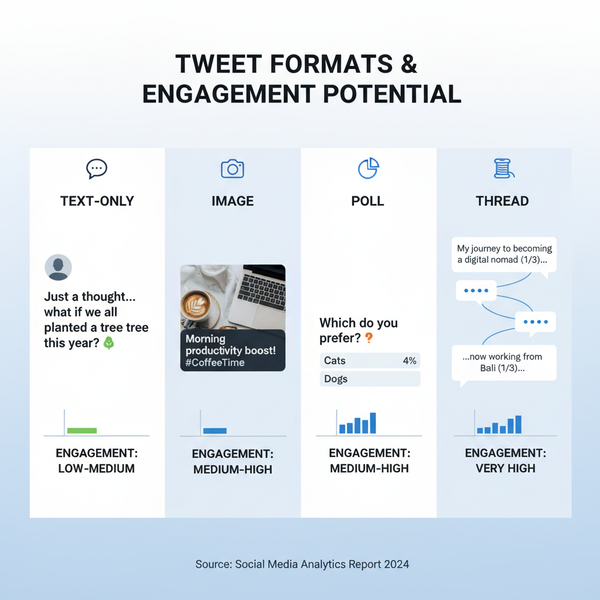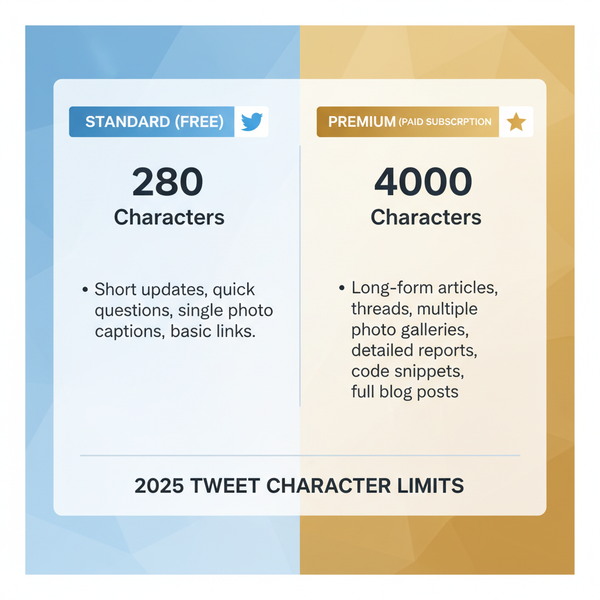What Does Oof Mean on Social Media and in Online Slang
Discover the origins and versatile meanings of "oof" in social media and gaming culture, from Roblox sound effects to mainstream online slang.
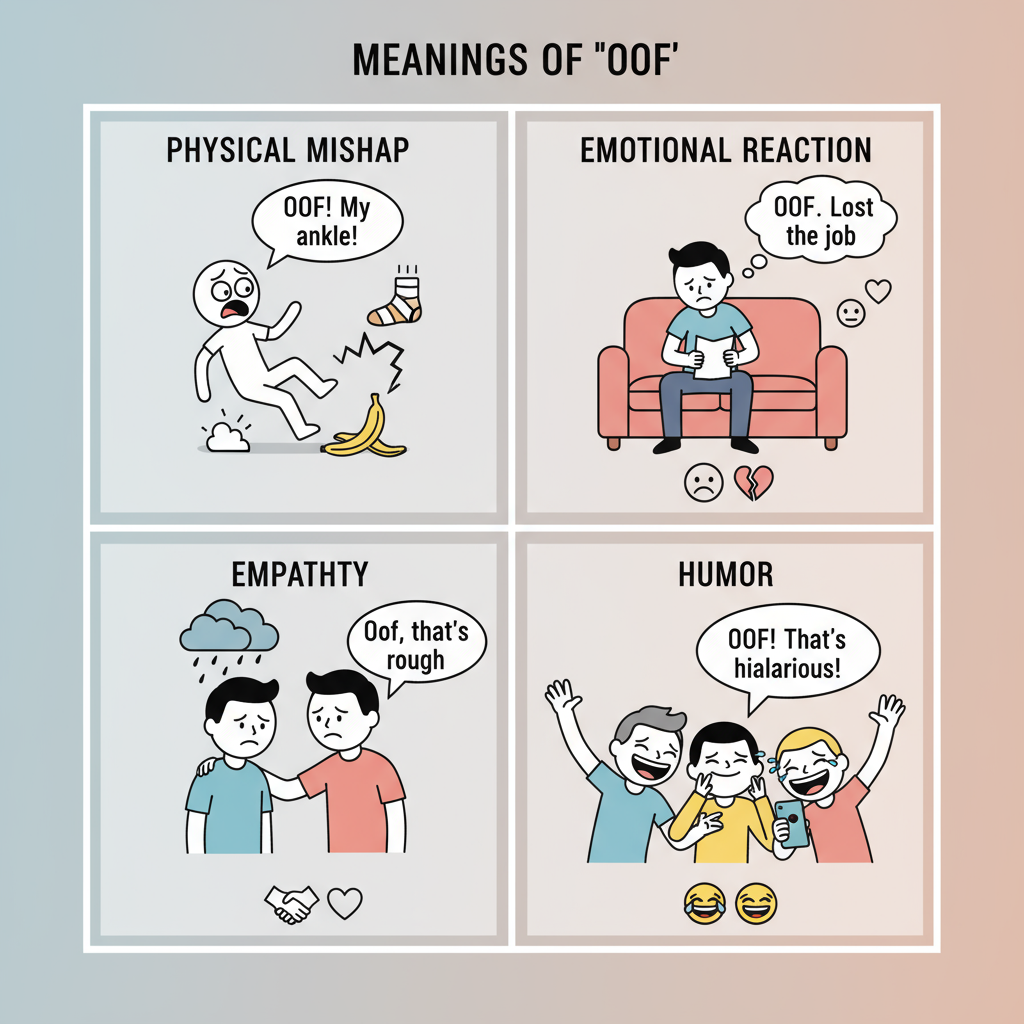
Introduction to Internet Slang and the Meaning of "Oof" on Social Media
In the age of digital communication, platforms like Twitter, TikTok, Instagram, and Discord have reshaped how we interact, encouraging quick, emotive exchanges where acronyms, abbreviations, and short words dominate. Among the many expressions that have flourished online, one stands out for its versatility and distinct cultural footprint: "oof". Understanding what "oof" means on social media not only improves your digital literacy but also helps you navigate conversations with nuance and avoid misinterpretations.
Slang terms such as LOL, SMH, and oof serve as emotional shortcuts, conveying tone, intent, and context without lengthy explanation. Online slang evolves rapidly, blending memes, cultural references, and inside jokes into terms that can quickly transition from niche communities to mainstream usage.

Origin of "Oof" in Online Culture and Gaming Communities
The question “What does oof mean on social media?” is best answered by looking at its online origins. "Oof" gained prominence in gaming circles, particularly within Roblox. In Roblox, a distinctive “oof” sound effect played when a character experienced damage or died. This sound quickly became iconic and meme-worthy.
From its humble beginnings in Roblox, "oof" migrated to other gaming communities, message boards, and ultimately mainstream social networks. Its quirky tone and recognizability made it an ideal shorthand for a variety of emotional reactions.
Meanings of "Oof" in Different Contexts
"Oof" is remarkably adaptable. Depending on conversational tone and environment, it can convey:
- Pain or discomfort – Physical injury or emotional sting.
- Surprise or shock – Unexpected events or revelations.
- Embarrassment – Mild mistakes or awkward social moments.
- Empathy – Casual acknowledgment of another’s misfortune.
For instance:
- Pain: "Oof, that looks like it hurt."
- Surprise: "Oof, didn't see that coming!"
- Embarrassment: "Oof, I really messed up the presentation."
- Empathy: "Oof, sorry that happened to you."
Examples of "Oof" Usage Across Social Platforms
Brevity rules on Twitter. Users often drop “oof” as a reaction to bad news, sports upsets, or viral mishaps:
> "Oof... that scoreline is rough."
TikTok
TikTok commenters use “oof” for comedic timing, especially in fail clips or relatable skits.
“Oof” finds its way into captions or Stories to punctuate cringe-worthy visuals:
> "Monday mornings be like... oof."
Discord
In gaming chatrooms, especially on Discord, “oof” is a quick reaction to misplays, lag spikes, or bad luck during matches.
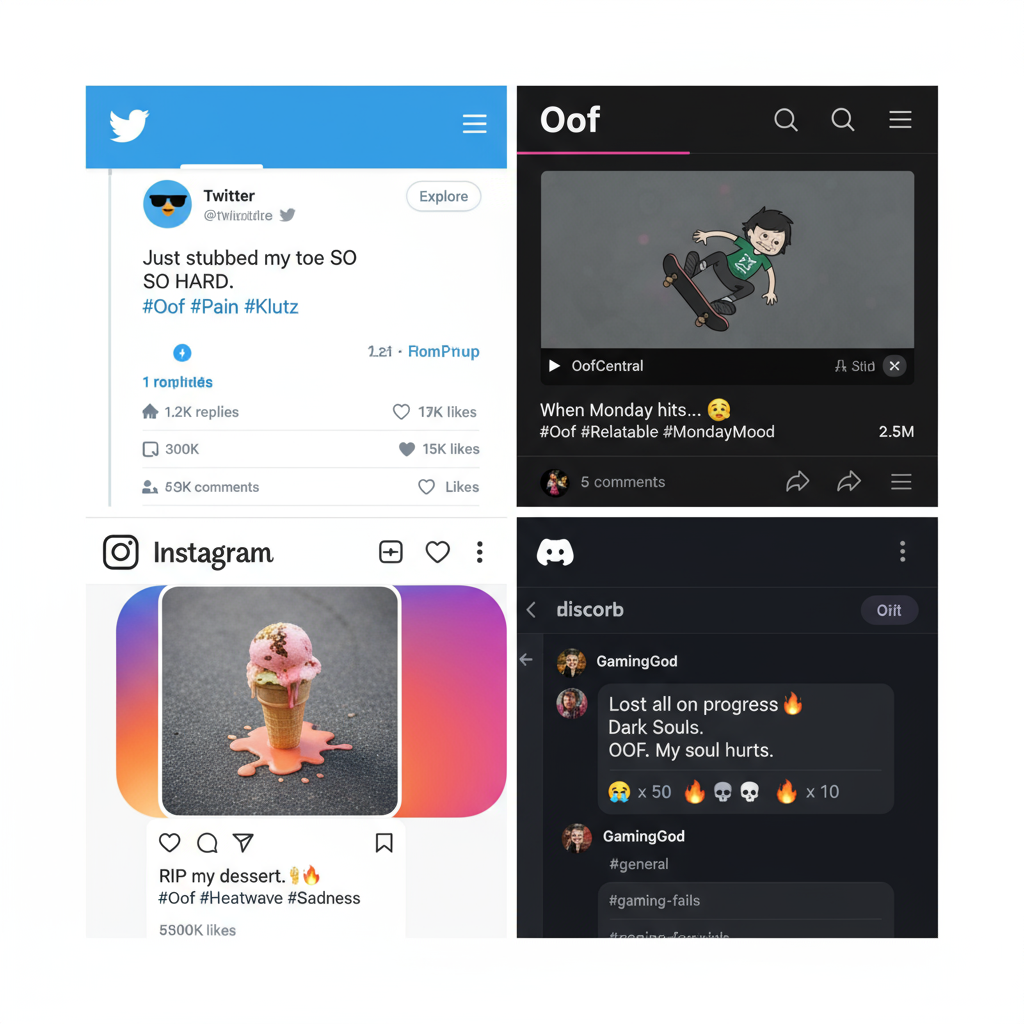
Difference Between "Oof" and Similar Expressions
Understanding similar expressions helps avoid tone mismatches.
| Expression | Primary Tone | Typical Use |
|---|---|---|
| Oof | Sympathetic / Mild shock | Reacting to discomfort, bad news, or awkwardness |
| Ouch | Literal or figurative pain | Direct response to injury or insult |
| Yikes | Awkwardness / Concern | Noticing an uncomfortable situation |
| LOL | Humor | Indicating laughter or amusement |
| SMH | Disapproval | Shaking head at someone's actions |
While “ouch” communicates straightforward pain and “yikes” signals cringing, “oof” blends sympathy with informality, making it suitable for both empathy and light humor.
Cultural Evolution: From Roblox Sound to Mainstream Slang
Roblox’s “oof” sound formed a meme foundation that spread via gaming culture into wider social spaces. Influencers, meme pages, and streamers embraced it, and soon, “oof” appeared beyond gaming contexts—in classroom chats, marketing captions, and casual workplace threads.
Memes fueled this transition:
- Game clips enhanced with “oof” audio.
- GIFs and images captioned “oof.”
- Remix audios on TikTok incorporating the original sound.
With time, “oof” evolved from a niche gaming exclamation to a universal social media reaction.
How Tone and Platform Shape "Oof" Interpretation
Tone transforms “oof”:
- Text-based platforms: Without voice inflection, emojis provide tone cues.
- Example: "Oof 😬" clarifies discomfort.
- Video content: Facial expressions deliver comedic or serious emphasis.
- Voice chat: Prolonged “ooof” may signal deep empathy; sharp “oof” can imply surprise.
Different platforms also color its meaning—TikTok leans toward humor, while LinkedIn users may rarely employ such informal slang.
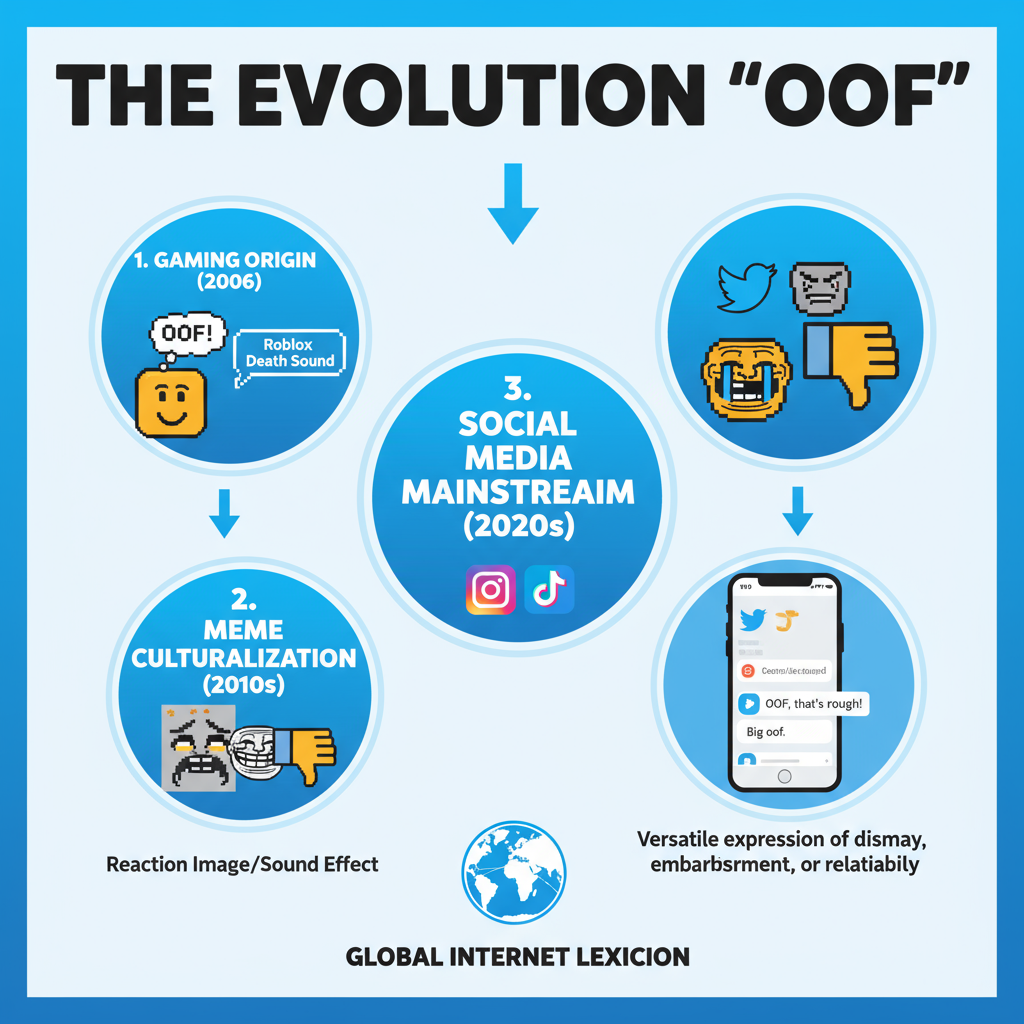
Reasons People Use "Oof" in Posts and Comments
Common motivations include:
- Quick emotional capture without full sentences.
- Memetic resonance from shared cultural contexts.
- Defusing tension in serious topics.
- Maintaining casual empathy without deep engagement.
A standalone “oof” can convey recognition in comment threads without elaborate reply.
Potential Misunderstandings and Clarifying Intent
Being broad in meaning, “oof” can cause misunderstandings:
- Some may find it insincere or dismissive.
- Non-native speakers might miss tonal nuances.
- Serious contexts may make “oof” appear inappropriate.
Clarification tips:
- Add compassionate context: "Oof, that’s tough — hope you’re okay."
- Combine with fitting emojis or stickers.
- Opt for alternate phrasing in sensitive discussions.
Tips for Using "Oof" Appropriately
For better digital communication:
- Keep “oof” out of formal/professional exchanges.
- Use visuals for emphasis.
- Judge audience familiarity with internet slang.
- Avoid overuse to preserve impact.
Example – Appropriate
> "Oof, that bug crashed my app but at least it’s fixed now 🙌."
Example – Inappropriate
> Responding to tragic events with just “oof.”
Conclusion: "Oof" as a Marker of Digital Language Change
“Oof” is more than a casual reaction—it’s a linguistic artifact of internet and gaming culture. Its route from Roblox’s sound files to meme pages and mainstream social platforms shows how quickly digital lexicon can expand.
To grasp what does oof mean on social media, you need to understand both its origin and the subtleties of tone, context, and platform. Whether dropped in TikTok comments, tweeted during a match, or typed in a group chat, “oof” remains a concise, relatable expression—proof that even tiny words can have a massive cultural impact.
Want to communicate more effectively online? Explore and learn the nuances of internet slang, and your posts and replies will connect more authentically with diverse audiences.

